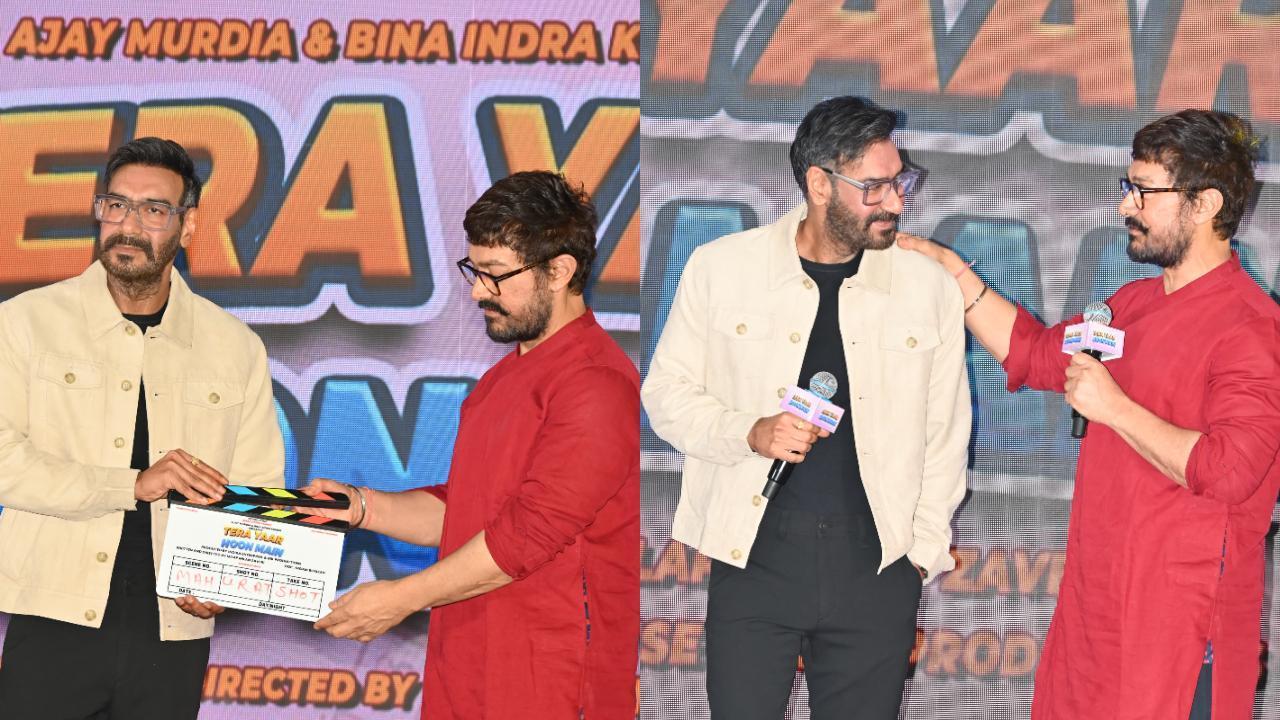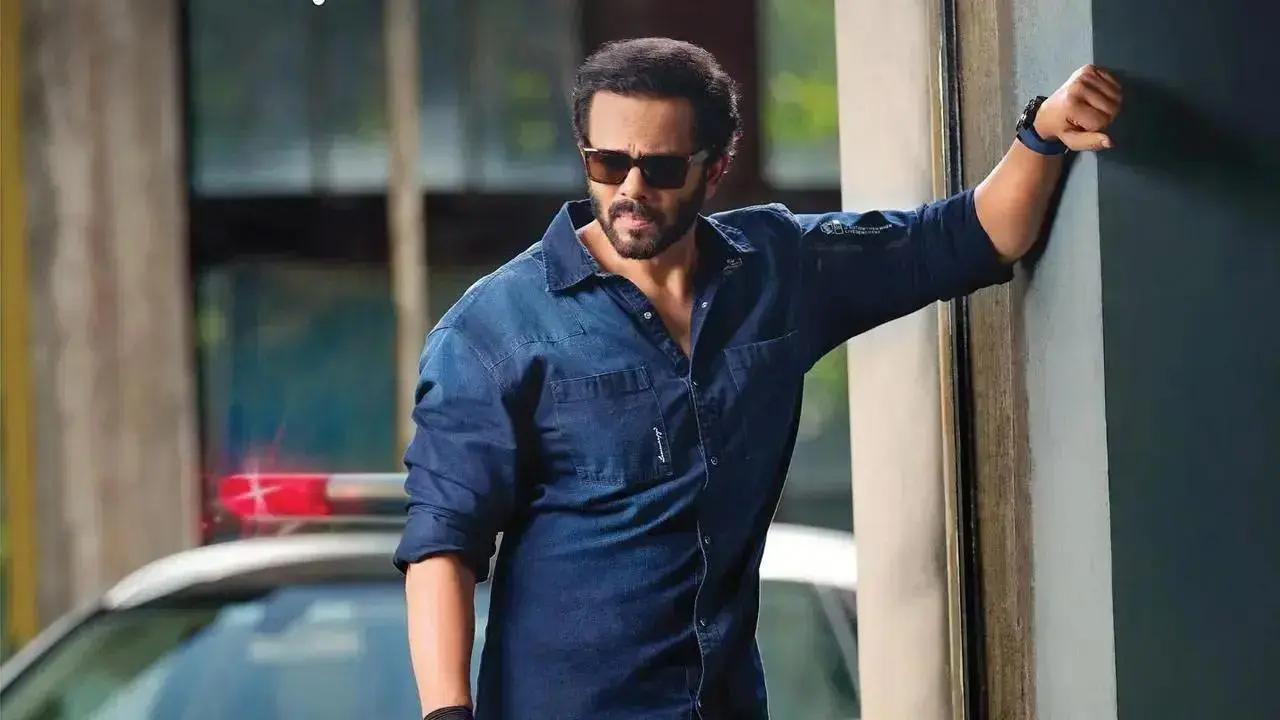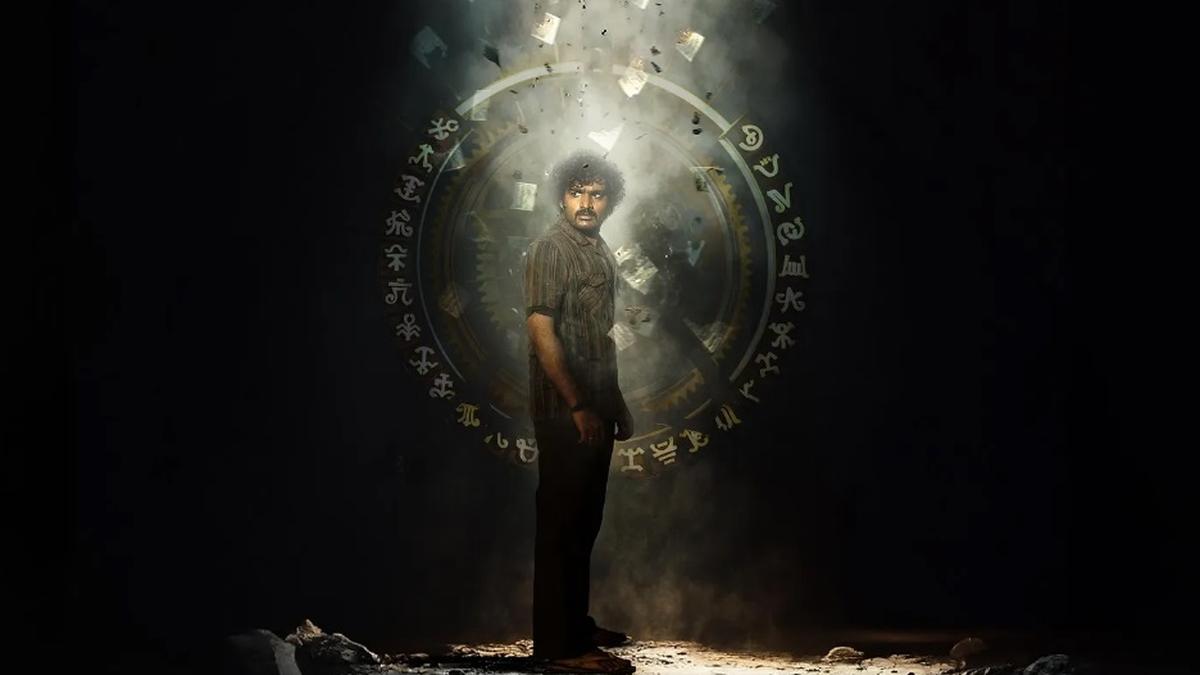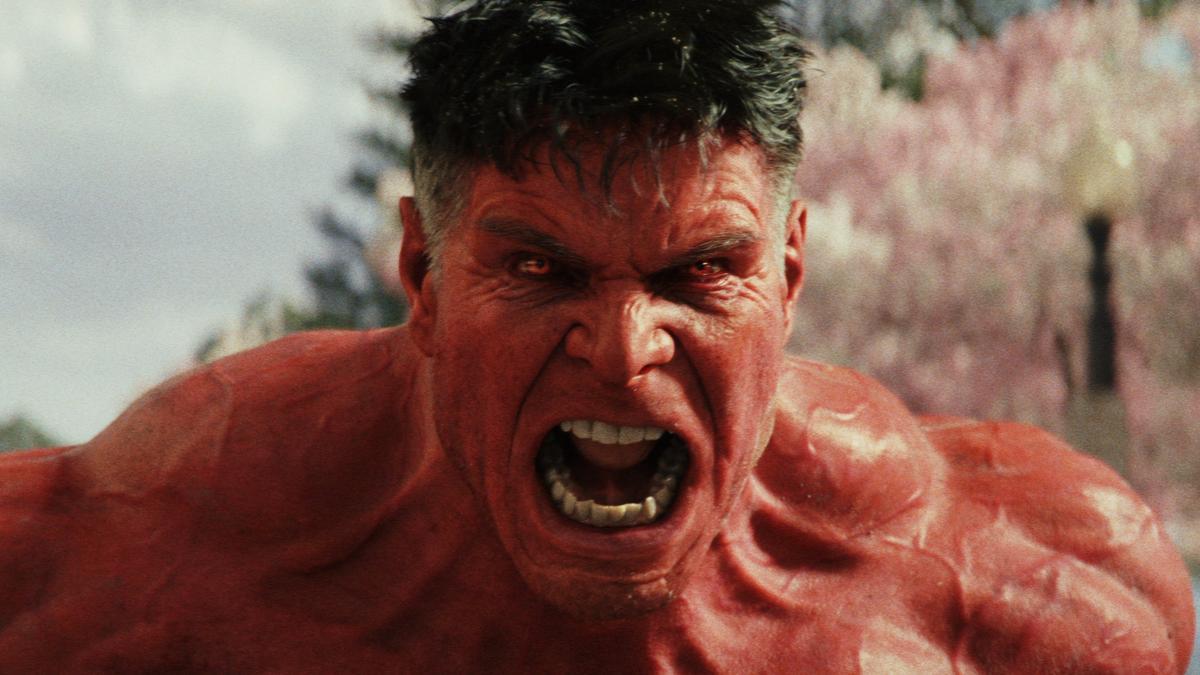
In a dramatic departure from his well-known genre of instilling youthful romance into the frames of Kannada cinema, director Yogaraj Bhat ventures into the realm of social drama with his latest offering, “Karataka Damanaka”. The movie, which marks Bhat’s second major foray into this theme after “Dana Kayonu” in 2016, stars the enigmatic Shivarajkumar and the versatile Prabhu Deva, whose onscreen presence adds a layer of infectious fun to the movie’s serious undertones.
The setting is Nandikolu, a drought-stricken village plagued by the lack of proper education facilities, drawing a bleak comparison to a graveyard by its dispirited inhabitants. It’s been a decade since the village last celebrated its festival, highlighting the extent to which desperation has taken root. In an unconventional twist, the story introduces two conmen sent from Bengaluru by a jailer whose sole mission is to bring his stubborn father back to the city. These conmen, portrayed by Shivarajkumar and Prabhu Deva, adopt the names Karataka and Damanaka, harkening back to the cunning foxes of the Panchatantra’s fables, as they embark on a journey that unintentionally uplifts the lives of the Nandikolu residents.
This inadvertent path to redemption is paved with the duo’s comical deception and elaborate schemes to outsmart a corrupted MLA (Rangayana Raghu) and his menacing sidekick (Ravi Shankar). Bhat’s fingerprints are all over these humorous escapades, striking a balance between preposterous yet strangely endearing antics that align perfectly with his distinctive comedic style.
The film’s narrative remains tightly woven around the main conflict during the first half, with three musical interludes that manage not to derail the pacing nor the growing engagement with the storyline. Both Raghu and Shanker, typically associated with over-the-top characters, manage to deliver nuanced performances despite the somewhat sketchy development of their roles.
In terms of dramatic structure, Bhat sets the stage with minimal chaos, gradually constructing a compelling drama. Female leads Priya Anand and Nishvika Naidu are effectively integrated into the narrative, avoiding the common pitfall of ornamental characters without substantive impact on the plot.
Among the two leads, Prabhu Deva stands out with a show-stealing performance, surprising many with his return to the Kannada film landscape after a prolonged hiatus. His portrayal of a character with a proclivity for ill-timed humor is nothing short of impressive. Sharing equivalent screen prowess, the seasoned Shivarajkumar matches steps and charm with Deva, showcasing his remarkable talent in both high-spirited dance sequences and intense emotional scenes.
On the technical front, the screenplay and dialogue penned by Bhat, based on a story from his long-time associate Vikas, resonate with the audience and serve as a testament to the director’s creativity. It’s an ironic twist of fate that “Karataka Damanaka” arrives in theaters amidst an actual water crisis in Bengaluru, adding a real-world urgency to the film’s theme of water conservation.
Despite its earnest efforts, the movie does not entirely succeed in making a deep emotional connection with its viewers. The final act, generic and predictable, marks the chief weakness of the film. The cessation of humor in favor of a straightforward narrative and an anticipated climax, capped by extended fight sequences, somewhat diminishes the impact of its earlier successes.
Yet, it’s heartening to witness a filmmaker like Yogaraj Bhat striving to innovate within the industry after nearly two decades. “Karataka Damanaka” represents a hopeful rebound for Bhat following the tepid response to his previous work, “Garadi”, in 2023. In an era where cinematic excellence walks a thin line, this film is a testament to the unpredictable tastes of audiences. The true measure of this work’s acceptance will unfold in time.
For now, “Karataka Damanaka” continues to entertain viewers in theaters across India’s rich tapestry of Kannada cinema.










